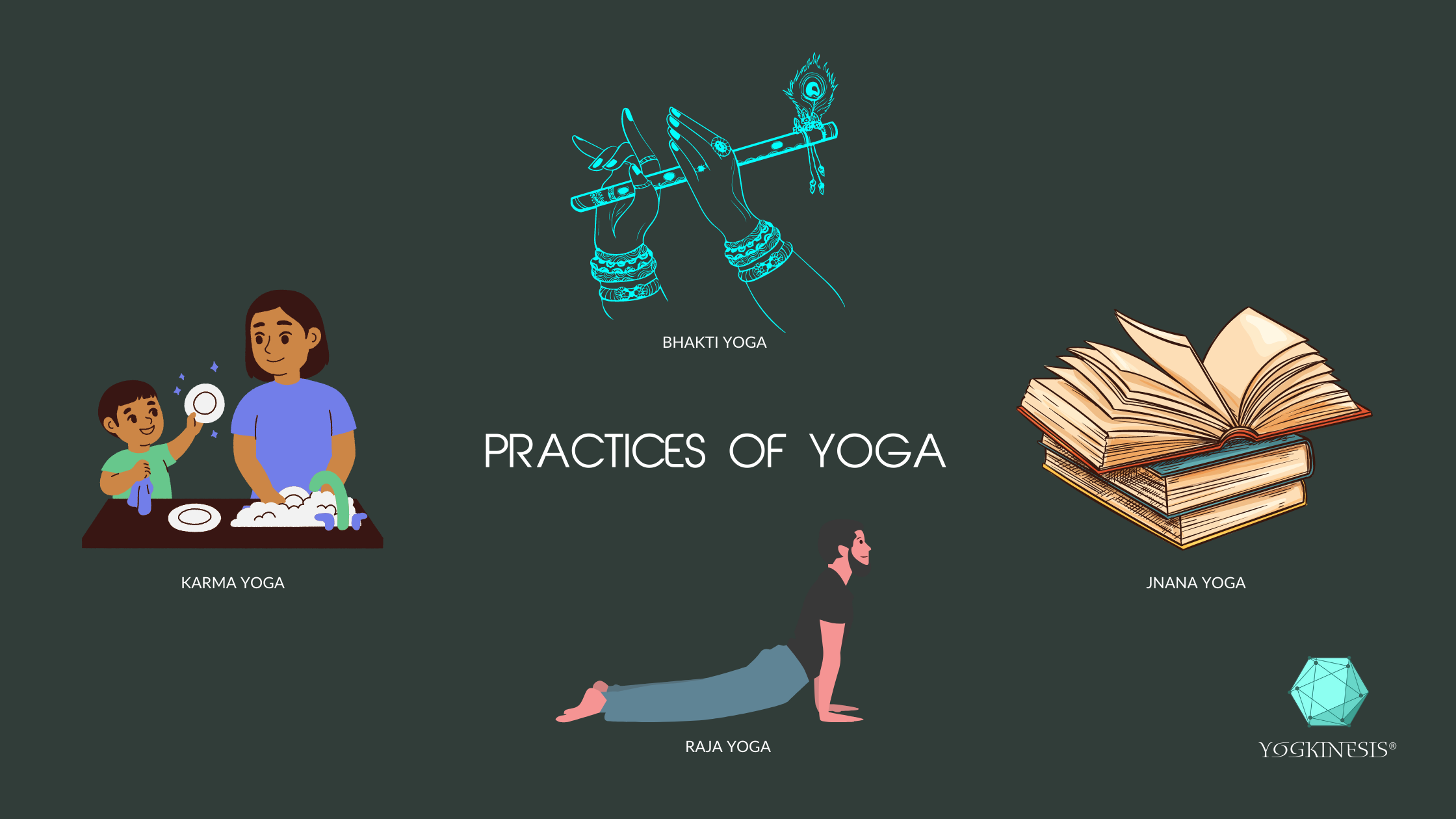
2. Bhakti yoga
Bhakti Yoga is pure spiritual devotion, of love for God which is Love. The Deity is the beloved and the devotee is the lover. In Bhakti yoga, everything is a manifestation of the divine and all else is meaningless, including the Ego. When the Bhakta (devotee) is blessed by divine grace he feels an undivided union and non-dual consciousness prevails. Bhakti Yoga is regarded as the most direct method to merge cosmic consciousness. Bhakti yoga is based on the doctrine "Love is God and God is Love". The Bhakta experiences separation and longs to meet or even just glimpse his beloved. Nothing else attracts him, nothing else holds his attention, and all else is meaningless. Food, sex, sleep, attachments, and responsibilities - are no longer important in Bhakti yoga. Bhakti Yoga is the most direct method, the shortest way to experience the divine. All yoga and knowledge, Jnana, rest on the foundation stone of true faith, true devotion, and true Bhakti yoga. There is nothing higher than love and Bhakti Yoga is the religion of love. In whatever form the Bhakta finds the divine, all other forms are magically present. The form becomes the deity, which in term becomes the devotee. Knower and known subject and object, deity and devotee - all become one. This is the essence of Bhakti Yoga. Knowledge and wisdom only provide an awareness of the cosmic principle. Bhakti Yoga lets one see the absolute manifested in all experiences.
Who is Ishwara? (GOD) “From whom is the birth, continuation, and dissolution of the universe Teacher of all teachers;” and above all, He the Lord is, of His nature, inexpressible love." These certainly are the definitions of a Personal God. Are there then two Gods? The “Not this, Not this,” the Satchitananda, the Existence-Knowledge-Bliss, of the philosopher, and this God of Love of the Bhakta? No, it is the same Sat-chit-ananda who is also the God of Love, the impersonal and personal in one. It has always to be understood that the Personal God worshipped by the Bhakta is not separate or different from the Brahman. All is Brahman, the One without a second; only the Brahman, as unity or absolute, is too much of an abstraction to be loved and worshipped; so the Bhakta chooses the relative aspect of Brahman, that is, Ishwara, the Supreme Ruler. To use a simile: Brahman is the clay or substance out of which an infinite variety of articles are fashioned. As clay, they are all one; but form or manifestation differentiates them. Before every one of them was made, they all existed potentially in the clay; and, of course, they are identical substantially; but when formed, and so long as the form remains, they are separate and different; the clay mouse can never become a clay-elephant, because, as manifestations, form alone makes them what they are, though as unformed clay they are all one. Ishwara is the highest manifestation of Absolute Reality, or, in other words, the highest possible reading of the Absolute by the human mind. Creation is eternal, and so also is Ishwara.